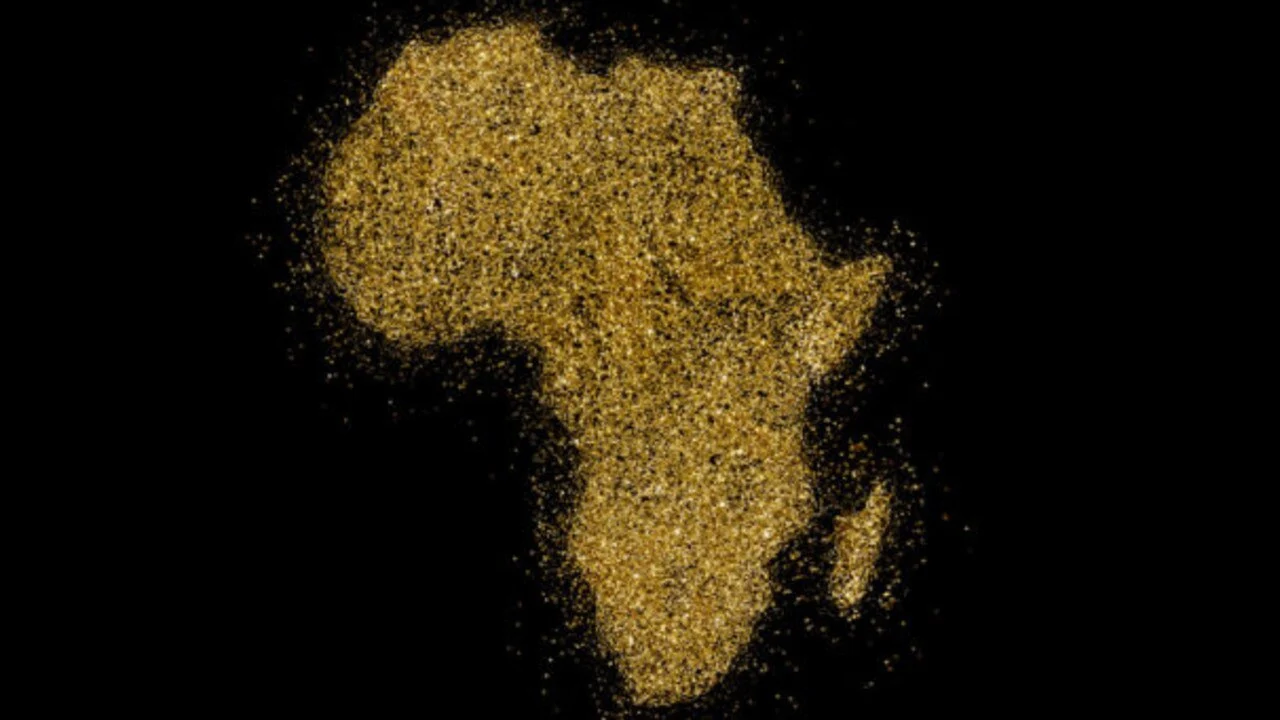Recently, AfDB President Akinwumi Adesina criticized resource-backed loans for burdening African nations with unclear, risky debts.
Adesina criticizes these loans for their lack of transparency and the detrimental impact they have on the continent’s financial systems.
Countries like Angola, Ghana, Niger, Sudan, Congo Brazzaville, South Sudan, and Chad face substantial financial burdens from RBLs, totaling around $37 billion.
This significant debt is part of a larger sum, with African nations receiving up to $66 billion in loans secured against natural resources like oil.

Specific loans from Chinese financial institutions include
- $22 billion to Angola and
- $3 billion to Ghana from the China Development Bank and Exim Bank,
- $1 billion to Niger,
- $3 billion to Sudan,
- $5 billion to Congo Brazzaville involving China Exim Bank along with Trafigura and Glencore,
- $1 billion to South Sudan from China National Petroleum, and
- $2 billion to Chad from Glencore.
Addressing Africa’s $66 Billion Resource Debt Challenge
These loans are meant to fund crucial infrastructure projects but pose severe risks due to their complex and non-transparent nature.
They not only increase vulnerability to economic instability when commodity prices fluctuate but also limit national control over vital resources.
In response to these challenges, there is a push for more sustainable financial strategies that do not compromise national sovereignty.
Proposed alternatives include boosting regulatory oversight, seeking unsecured loans, leveraging international aid, and enhancing tax collection to increase domestic revenue.
These strategies aim to create a more transparent and accountable borrowing framework.
Efforts to improve public debt reporting have shown progress, reflecting a gradual shift towards more sustainable debt practices.
Authorities are actively reevaluating resource-backed loans (RBLs) and exploring more transparent financial mechanisms.
This process is crucial for African nations to manage their debts effectively while preserving their economic independence and developmental goals.

